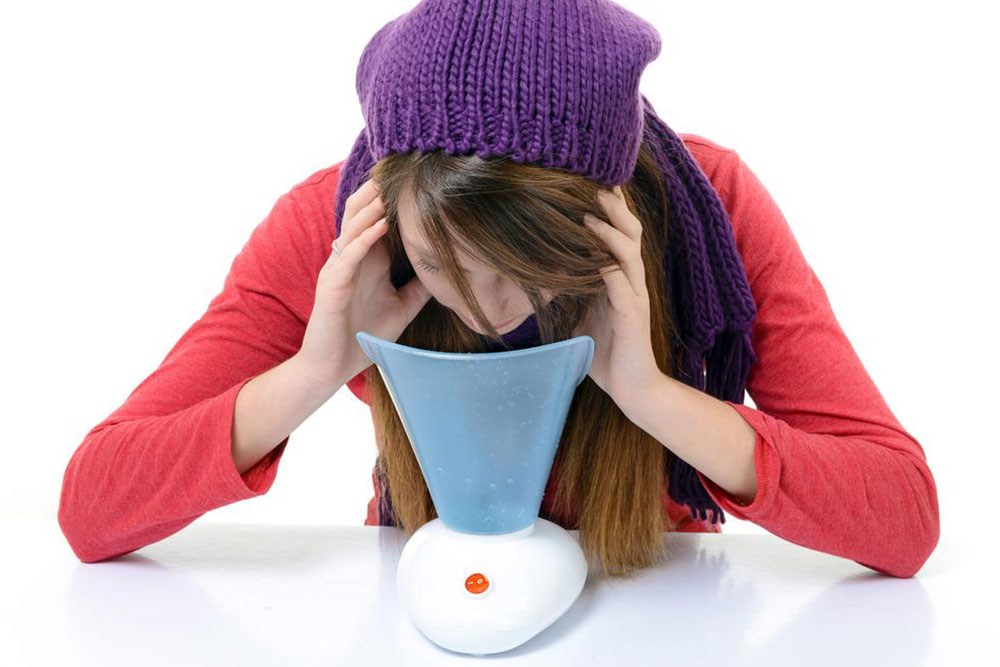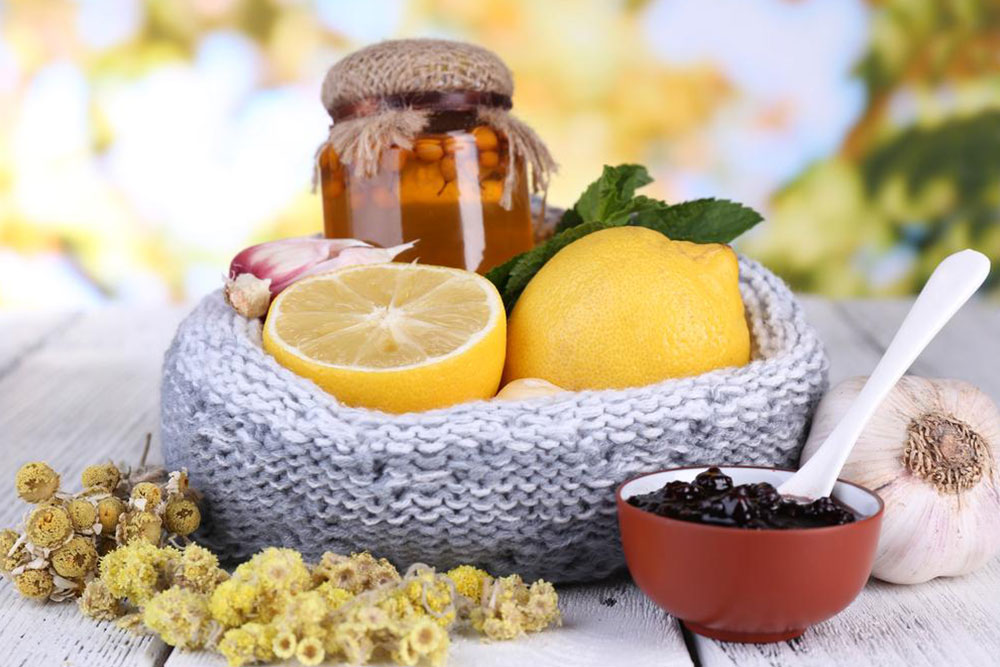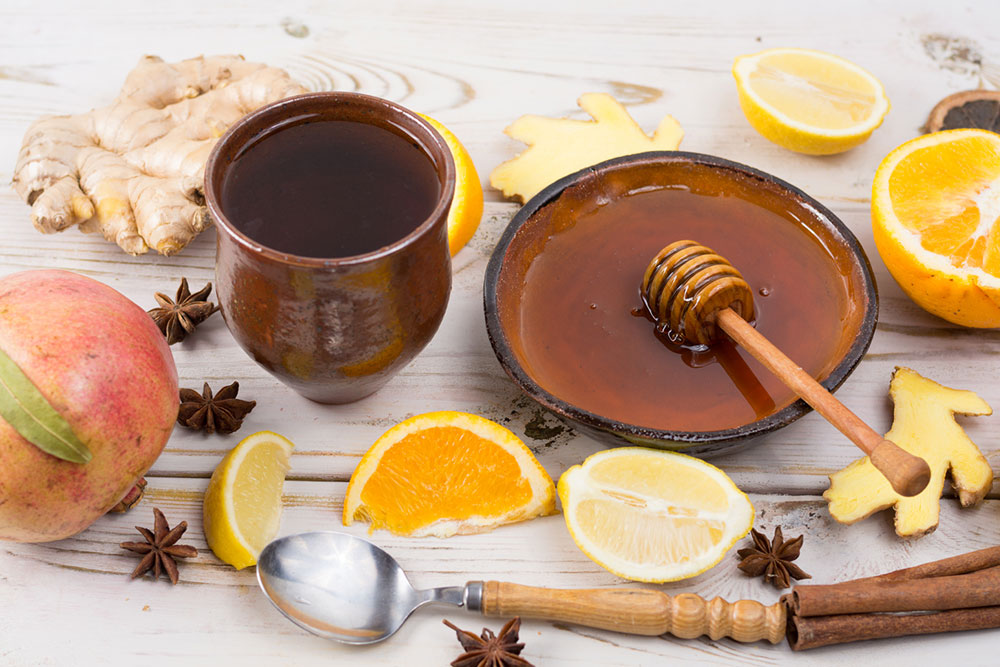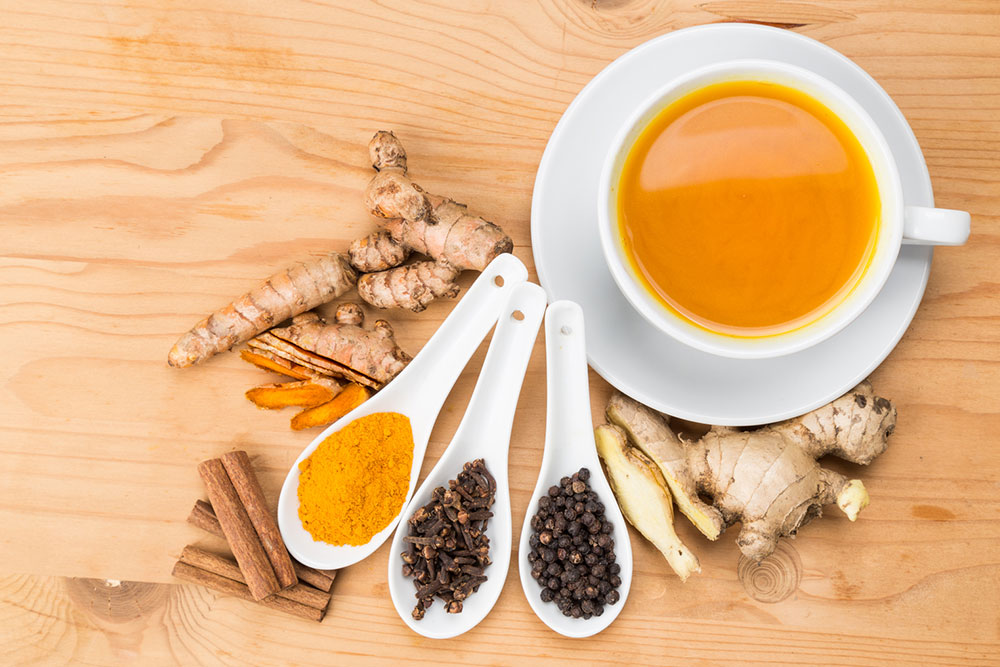Effective Home Solutions for Pneumonia-Induced Cough Relief
Discover natural home remedies to alleviate cough, chest pain, shortness of breath, and fever caused by pneumonia. Learn how herbal teas, saltwater gargles, steam inhalation, and proper rest can support recovery and enhance breathing. These safe, effective practices complement medical treatment, helping ease symptoms and promote healing during pneumonia recovery.

Natural Remedies to Alleviate Cough Symptoms from Pneumonia
Pneumonia is a respiratory infection that requires medical intervention for full recovery. It transmits easily between individuals and presents symptoms such as cough, chest discomfort, chills, fever, breathlessness, and muscle pain. While antibiotics are often necessary, there are home treatments that can help ease coughing and other discomforts associated with pneumonia. These remedies support the body's natural recovery process and help manage symptoms effectively.
The cough develops as the body attempts to clear mucus and fight the infection.
It's recommended to avoid cough suppressants and instead try these natural approaches for symptom relief.
Eucalyptus and fenugreek herbal teas
Sipping warm herbal teas made from eucalyptus or fenugreek can soothe sore throats and reduce inflammation. These herbs are known to break down mucus and support respiratory health. Recent studies highlight fenugreek seeds as especially effective in easing persistent coughs, assisting in respiratory recovery.
Saltwater gargles
Gargling with warm saltwater is a simple yet effective remedy to cleanse the throat of germs, reduce mucus buildup, and lessen coughing — providing considerable relief from pneumonia symptoms.
Chest pain can be a prominent feature of pneumonia. A home remedy to help ease this discomfort includes:
Turmeric and ginger teas
Consuming warm infusions of turmeric or ginger can reduce chest inflammation and congestion. These spices possess anti-inflammatory properties that aid in easing breathing difficulties. Regularly drinking these teas twice daily supports lung health during illness.
For shortness of breath, consider these remedies:
Caffeinated drinks
Beverages like coffee or green tea contain caffeine, which can help improve airflow by opening lung airways. Consuming caffeine-rich drinks during breathlessness episodes may facilitate easier breathing.
Steaming and warm inhalation
Inhaling steam from hot water or using a steam inhaler helps loosen mucus and clears respiratory passages. Regular steam inhalation can accelerate symptom relief and improve breathing.
Adequate rest
Rest is vital for recovery; ensuring at least seven hours of sleep daily enhances the body's ability to heal and restores energy levels, supporting overall improvement.
Fever management is crucial during pneumonia. Here are some home strategies to help reduce fever:
Hydration and warm fluids
Drinking plenty of fluids—preferably warm—is essential to prevent dehydration and soothe throat irritation. Aim for 10-12 glasses daily to stay hydrated and support the immune response.
Fenugreek tea
Fenugreek promotes sweating, which can help lower body temperature naturally. Incorporating fenugreek tea into your routine may assist in fever reduction.
Medication and medical advice
Alongside home remedies, prescribed medicines are necessary to control fever and infection. Always follow your healthcare provider’s recommendations for the best recovery results.
Chills often accompany fever. To ease chills, it’s advisable to:
Consume warm beverages
Hot soups, herbal teas, and other warm liquids help maintain body warmth, preventing chills and making you feel more comfortable during illness.
By incorporating these natural remedies and lifestyle tips, you can manage pneumonia symptoms more effectively and support your body's healing process.










